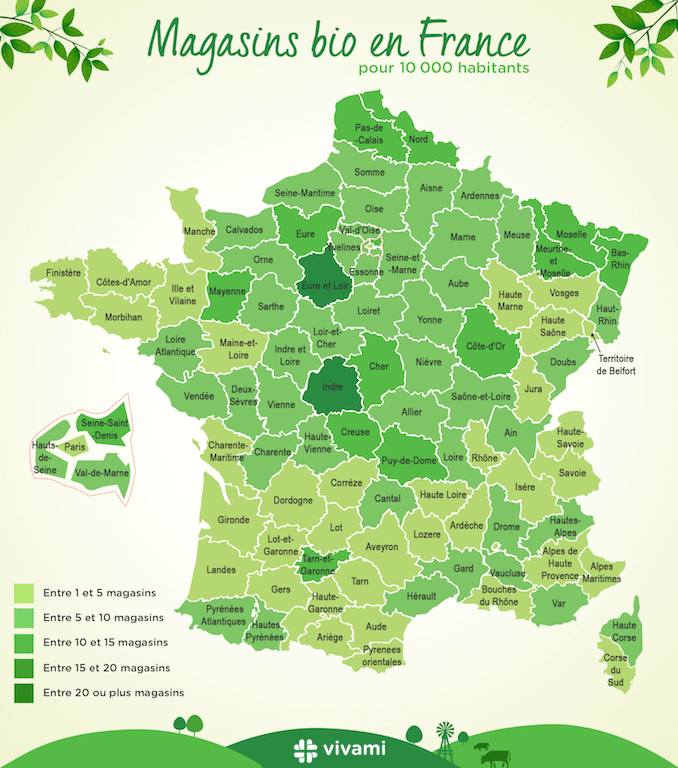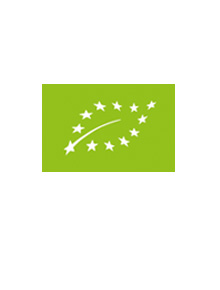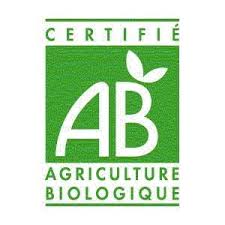
- The advantages of organic food over non-organic foods are still being scientifically researched. Nevertheless, a large French study on the subject and published in October 2018 suggests that eating organic would reduce the risk of cancer.
- But buying fresh organic products encourages cooking and developing more balanced eating practices. It also gives the reflex to pay more attention to the labels of products found in supermarkets and the composition of products in general.
- Organic is booming in France, and we are one of the countries in Europe where the growth of organic farming is exploding. But does this growth lead to availability for all? Or is it limited to certain territories in France?
- We therefore carried out a study to determine which French department has the largest concentration of organic food stores in France.
Small reminder: what should be understood by “organic food” ?
According to Agence Bio, we can define organic food as “ foods produced from ingredients grown without synthetic chemicals and GMOs (genetically modified organisms). They do not contain flavor enhancers, colorings or synthetic chemical flavors. The use of additives is very severely limited ”.
To be officially recognized as producing organic food, producers must adhere to certain standards and meet specific specifications.
Organic labels have multiplied in recent years, especially in France.
First of all, there is the European label which guarantees that the product in question meets the specifications of the European Union with regard to organic farming.
Some criticisms relate to the evolution of this label and the fact that the same farm can produce organic and non-organic.

Before the reform of European legislation, the French AB label was stricter than the European label and was therefore a benchmark. It was created in 1985 and is allocated to producers directly by the French Ministry of Agriculture
The new European regulation of June 28, 2007 changed the rules since it prohibits national legislation from being more demanding than European legislation. The AB label has therefore been adapted and you will now find it next to the European label. If you buy a product with only an AB label, the food purchased is not covered by European legislation.

Is organic food better for your health?
As we indicated in our introduction, the health benefits that organic food would bring are still subject to debate.
Studies on the subject have produced conflicting results. Several of them state that there are no obvious differences between the two food categories. Nonetheless, a recent study published in the British Journal of Nutrition states that organic crops have a higher concentration of antioxidants than non-organic foods.
This also seems to be confirmed by the most recent French study on organic food.
Research on the subject is relatively recent and long term benefits have yet to be proven.
But for consumers, the fact that organic food stores promote the sale of fresh, seasonal, unprepared, pesticide-free products is already a guarantee of good health.
Cooking fresh ingredients yourself allows us to have better control over what we eat. As we have discussed in previous articles, ready meals, snacks and fast food most of the time contain more salt, sugar and fat than the meals you cook yourself. So the more you cook, the lower your risk of developing diet-related illnesses such as high blood pressure or diabetes.
We can therefore put forward the idea that buying organic products promotes a better diet and therefore better health.
And of course, in addition to these health benefits, buying organic has other benefits, such as contributing to animal welfare and helping farmers to avoid using pesticides.
What is the offer of organic stores in mainland France?
Stores specializing in organic food are either independent or owned by specialty chains and will tend to be present where there is significant demand. It is possible that a less densely populated area has only one to two organic stores to choose from.
Also, while most large supermarkets can sell organic food, the cost can be higher than for non-organic food. Finally, by way of comparison, the range of organic products will also often be smaller.
However, if we rely on the assumption that there is a low nutritional difference between organic and conventional products, fresh products are available everywhere, even in non-organic supermarkets. You don't have to buy organic to enjoy local and fresh products and cook in a balanced way.
But the environmental guarantees offered by organic food stores promote better and more balanced purchasing habits. Thus, if science confirms that organic products are better for our health, the more food stores that specialize in organic products and the more competitive their prices will be, the more consumers will be inclined to use fresh products.
What are the results of our study?
We know that the organic market is growing strongly and that consumer demand is ever greater.
Which French departments are doing well?
- In terms of the number of stores counted, Paris is well ahead of the most organic city
- The department of Indre ranks first in terms of the number of organic food stores per 10,000 inhabitants
What is our method?
The organic does not only concern food, we must also take into consideration clothing, cosmetics… But we have decided to focus only on food.
It is indeed the most developed organic market and it is a reliable indicator to measure which of the French departments is the most organic in France.
France, compared to other European countries, has an already relatively developed organic market. So there are several food store chains.
For reasons of reliability and simplicity, we have only counted the stores of the main French chains, which are present throughout the territory.
There are also many independent stores, but it is much more complicated to count them and in particular to check whether they are still open at the time when we are carrying out our study.
Likewise, we have decided not to count organic farms in France. This may be the subject of another article in the future.
We have therefore identified all the stores of the following chains in the French metropolis and have classified them by department:
- Biocoop
- Biomonde
- La Vie Claire
- Eau Vive
- Naturalia
- Natureo
- Bio c 'Good
We then added the number of stores by chain and by department, to determine which of the metropolitan departments has the most organic stores.
To make these figures speak, we also calculated the number of stores per 10,000 inhabitants, in each department.
(The data we have collected is not from official institute sources. Our study is only intended to give an indication of the number of organic food stores and should not be interpreted otherwise).
What are our results by department?
We can deduce that the more a department counts organic food stores, the more demand is important and that organic meets a certain success.
From a purely accounting point of view , it is obviously not surprising that Paris is far ahead of the number of organic stores in mainland France. This result can be explained by the density of the French capital; 2,199,842 intramural inhabitants spanning an area of 105.4 km².
In addition, Paris is a city whose inhabitants have relatively high purchasing power. According to our figures, the French capital has just over 100 organic stores (103 to be exact), not counting independent stores and classic supermarkets selling organic food.
The large number of stores inside Paris suggests that the demand is for organic food products is high and that the population is particularly sensitive to the organic sales pitch. Of course, it would be interesting to compare the number of organic food stores in Paris with all the classic stores.
However, this does not mean that the consumption of organic products is limited to the Paris region. Our study shows that organic is well established in most of the departments of France , with a few exceptions. Some of them are mostly rural areas while others are heavily populated.
We calculated 43 stores for the Bouches du Rhône or 55 stores in the Rhône department. Conversely, in other departments of the metropolis, the presence of organic stores may seem low, or even zero. This is the case, for example, for Creuse, which only counts one store.
What are our results according to the number of stores per 10,000 inhabitants?
When we use the census data to get the number of stores per 10,000 inhabitants, we get some surprises.
For example, Paris does not come out on top. These are much more rural departments such as Indre or Pas-de-Calais which have the largest number of “organic” stores per 10,000 inhabitants . Seine-Saint-Denis also ranks at the top of the table.
These results, which may at first seem surprising, show that France has a relatively well-developed organic food offer throughout the country. Even if the number of organic stores is much greater in large cities, these figures must be put into perspective with the number of inhabitants.
The offer is far from non-existent in rural areas. In addition, we must add to this observation independent stores and direct sales (which has met with some success).
Finally, supermarkets are expanding their organic range more and more.
You can consult the details of our results by consulting the table below.
 (1).png)